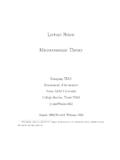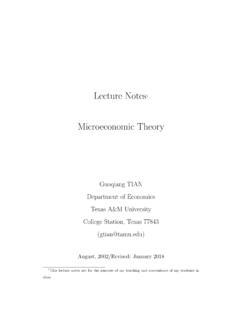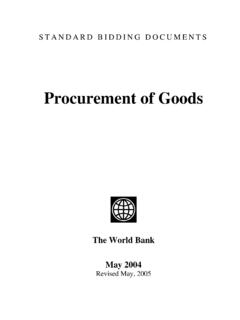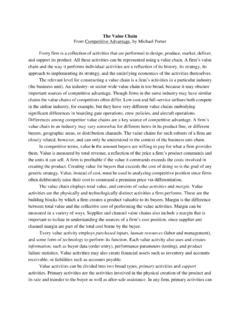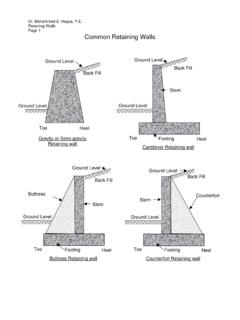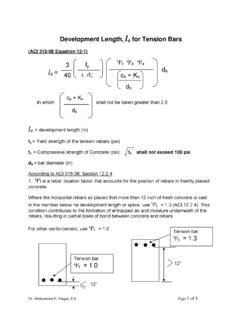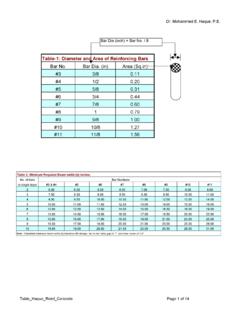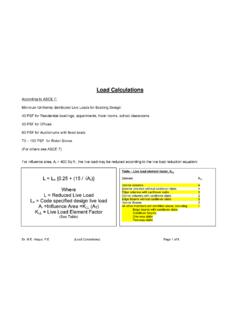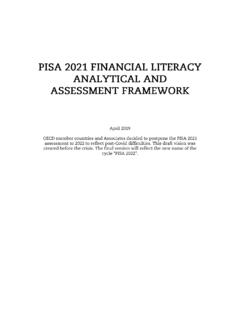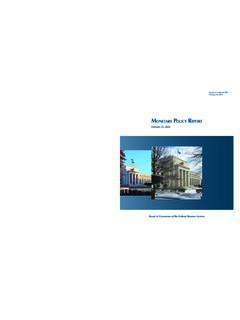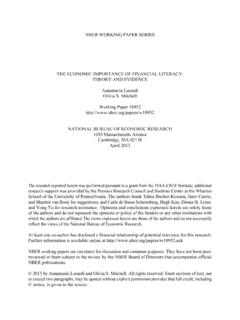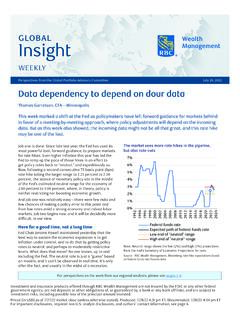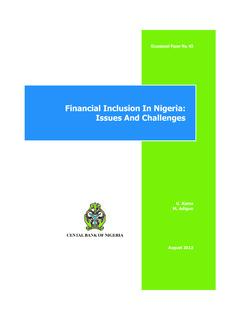Transcription of Has Globalization Created a Borderless World? - Texas A&M ...
1 Has Globalization Created a Borderless World? Janet Ceglowski Has Globalization Created a Borderless World? Janet Ceglowski*. T he newest buzzword in the popular busi- ness press is Globalization , a word that evokes countries, creating a Borderless world in which economic decisions are made without images of a world in which goods, services, reference to national boundaries. For instance, capital, and information flow across seamless in describing the sphere in which the major in- national borders. In this world, the choices over dustrial economies operate, Kenichi Ohmae where to produce, shop, invest, and save are asserts that national borders have effectively no longer confined within national borders but disappeared and, along with them, the eco- have taken on a decidedly global orientation.
2 Nomic logic that made them useful lines of de- Some analysts speculate that Globalization has marcation in the first place.. blurred the economic distinctions between The view that national borders have become economically meaningless is controversial. But, if correct, it has potentially important implica- tions for the world's economies and their *Janet Ceglowski is an associate professor, Department of Economics, Bryn Mawr College, Bryn Mawr, PA. When this policymakers. One current concern is that, by article was written, she was a visiting scholar in the Re- enhancing access to the labor resources and search Department of the Philadelphia Fed.
3 Products of low-wage countries, Globalization 17. BUSINESS REVIEW MARCH/APRIL 1998. could already be stunting workers' living stan- open, recent research finds that national bor- dards in relatively high-wage countries like the ders continue to affect trade flows and United A truly Borderless world would product prices. In fact, the estimates of the place great limits on the ability both to confine border's effects are substantial. A number of the effects of domestic economic policy within factors could be responsible for this finding, national borders and to insulate countries from including government-imposed barriers to foreign economic shocks.
4 In such a world, fi- trade, fluctuations in exchange rates, and a va- nancial capital, production activities, and even riety of noneconomic factors such as national workers could move in response to better op- historical and cultural ties. Even in the current portunities elsewhere in the world almost as environment of global and regional trade liber- easily as they could within a given country, alization, there is little reason to expect that the thereby undermining efforts to maintain eco- influence of these factors on product mar- nomic or financial conditions at home that di- kets is about to disappear.
5 Verge substantially from those abroad. The overall level of international economic GLOBAL AND REGIONAL INTEGRATION: activity has escalated in recent years, spurred EVIDENCE FOR PRODUCT MARKETS. by a variety of factors ranging from innovations National economies are linked through trade in information technology to efforts by national in goods and services, cross-border flows of fi- governments to liberalize and deregulate mar- nancial assets, and labor migration. Interna- kets. The result has been an impressive expan- tional economic integration is the process by sion in world trade, investment in overseas which reducing barriers between national operations, and international flows of financial economies strengthens these ties.
6 In the eco- capital. Casual observation suggests that inter- nomics literature, integration traditionally has national economic developments are attracting been associated with explicit government ac- greater attention from policymakers, produc- tions to lower tariffs and other artificial barri- ers, and even individuals in their roles as work- ers to the international movement of goods, ers and consumers. Both the growth in inter- services, and inputs. Recent advances in com- national economic activity and heightened pub- munication and information technologies have lic awareness are indications of strengthening also promoted economic integration by enhanc- economic ties between countries.
7 The United ing knowledge of and access to foreign consum- States has participated in this trend and, by ers and products. Both trade liberalization and most measures, is considerably more open to- advances in communication and information day than it was even 25 years ago. continue to be operative factors in the Does all this mean that national borders no economy. longer matter for economic decisions? This ar- Have product markets become more ticle assesses the relevance of the Borderless integrated with the world economy as a result?
8 2. world view for product markets. Al- though the economy has become more 2. While this paper is concerned with the economic inte- 1. This is, itself, a hotly debated issue among economists. gration of markets for goods and services, the term The debate centers on the impact of trade on jobs, wages, can also be applied to markets for inputs like labor and and income distribution. See, for instance, the article by financial capital. By and large, labor market integration is Paul Krugman and Robert Z. Lawrence and the sympo- limited by government-imposed barriers to international sium papers in the Journal of economic Perspectives, 9 (Sum- migration.)
9 In contrast, financial capital is perceived as mer, 1995), pp. 15-80. highly mobile internationally. That view is supported by 18 FEDERAL RESERVE BANK OF PHILADELPHIA. Has Globalization Created a Borderless World? Janet Ceglowski One common approach to quantifying the activity made up of exchanges with other coun- strength of an economy's ties with the rest of tries. A larger share is indicative of a more the world is to measure the share of its economic open economy, one with stronger links to the world economy. According to this measure, markets for goods in the United States have the fact that, at least for the major currencies, interest rate differentials between identical offshore and domestic as- become more open.
10 Measured relative to gross sets are insignificant. But as Martin Feldstein observes, this domestic product (GDP), merchandise trade merely reveals that financial capital can and does move more than doubled between 1970-71 and 1995- across national borders. In fact, despite the substantial 96 as a result of significant growth in both ex- holdings of foreign stocks and bonds, recent research indi- ports and imports (Table 1). Much of that gain cates that investors exhibit a strong home bias in their in- vestment portfolios (see the articles by Kenneth French and occurred in the 1970s, so that by 1980-81 mer- James Poterba; and Linda Tesar and Ingrid Werner).
